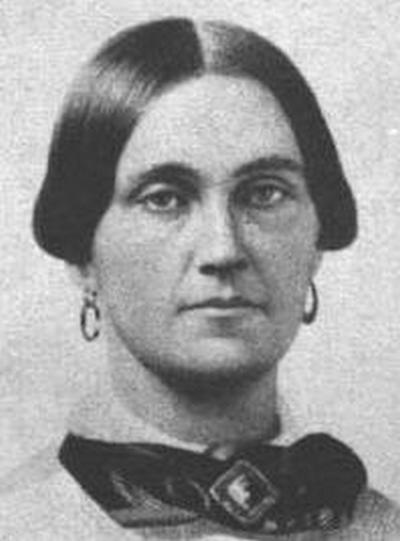We All Know Hoover Sucks, But Not This Much...
Contrary to all the rumors, there is no definite evidence that FBI Director J. Edgar Hoover either was a homosexual or a cross-dresser, or that his aide Clyde Tolson was his lover. This hasn't stopped the speculation about the director's private life. J. Edgar is neither a hagiography or a hatchet job, and the fact that it won't take a definitive position one way or the other is one of the many, many problems the film suffers from.
The film bounces with near-wild abandon back and forth in its telling: going from the late 1960's/early 1970's and back to the mid-1920's through the early 1960's and back again. J. Edgar Hoover (Leonardo DiCaprio) is dictating a book about the Federal Bureau of Investigation that will portray the agency in a positive light. His story is told to a series of agents, and we go through his early days working for Attorney General A. Mitchell Palmer and the Palmer Raids tracking down Communist subversives, such as fiery radical Emma Goldman, his hiring to head the then-Bureau of Investigation, his determination to bring a scientific approach to investigating crimes, the Lindbergh kidnapping case, right down to his final days at the bureau.
Within this story we have his relationships with his mother Anna (Dame Judi Dench), his longtime secretary Helen Gandy (Naomi Watts), and of course, Clyde Tolson (Armie Hammer) his right-hand man, who may have given new meaning to that term.
 As I watched J. Edgar, I finally gave up trying to follow the 'present' story since it never established when the 'present' actually was. I speculated as to why screenwriter Dustin Lance Black and director Clint Eastwood decided to make things more confusing by introducing us to one ghostwriting agent after another with no indication as to why one agent started where another one ended.
As I watched J. Edgar, I finally gave up trying to follow the 'present' story since it never established when the 'present' actually was. I speculated as to why screenwriter Dustin Lance Black and director Clint Eastwood decided to make things more confusing by introducing us to one ghostwriting agent after another with no indication as to why one agent started where another one ended.I decided this was an in-joke for Black: to have a cavalcade of chorus boys listen to Hoover talk about his exploits was his way of signaling how the old, almost decrepit Hoover was getting his kicks by seeing all these pretty young things come in and out of his office.
How else to explain why we started with Agent Smith (Ed Westwick) and ended with Agent Owens (Ary Katz) with nary an explanation as to why all these agents were waltzing in and out sans rhyme or reason. If one had fallen asleep between the opening and closing of J. Edgar, a likely scenario, one would have wondered when did Chuck from Gossip Girl become black!
J. Edgar has no idea whether to make Hoover a hero or a villain. It gives him credit for his foresight in understanding that investigative methods before his work at the bureau were clumsy and jumbled, but this isn't the focus of the movie. In fact, whatever positive things Hoover may have done, such as turn the Bureau of Investigation into the Federal Bureau of Investigation due to his persistent efforts are almost immaterial to the story.
Hoover then hesitates to accept the advances of Lela Rogers (Lea Thompson), mother of Ginger Roger (Jamie LaBarber) and a passionate conservative herself. The fact that J. Edgar suggests Hoover wanted nothing to do with the elder Rogers, especially sexually, is historically debatable given their open association. Although there's no evidence of a sexual relationship, there's no evidence he ever turned her down either. This moment, along with a gentle hand-holding between Tolson and Hoover after the G-Men premiere, suggests Hoover is gay.
Then, however, we have one of the wildest scenes in J. Edgar though bizarrely, not the flat-out nuttiest. Hoover did have a passion: for horse racing. It's understood that he and Tolson went to the Del Mar Track regularly. In the living room they share, Tolson tells Hoover "I love you", but in a way that suggests either Hoover doesn't get the romantic passion Tolson may have for him or that could be interpreted as a philos rather than eros love.
Hoover then asks his buddy what he thinks of Dorothy Lamour, best known as the beauty in various Road movies with Bing Crosby and Bob Hope. He goes on to tell Tolson that he is thinking of marrying her and even more shocking to Tolson, that Hoover and Lamour have had 'physical relations'.
Perhaps it is my naivete, but I take that to mean they've had sex.
This bit of news sends Tolson into a fury, shouting and smashing things all over the place. It ends with Tolson lunging at a horrified Hoover and giving him a passionate kiss which appears almost psychotic, down to lip biting. Tolson then tells Hoover he is never to discuss females to him again or he would leave. Hoover is left both confused and regretful.
If we judge Hoover's true sexual inclination from this sequence, we could end up thinking he was at best bi-curious, as my friend Gabe, who saw J. Edgar with me, put it. Since we never got to see him meet Lamour, let alone a love scene with her, we can only guess at to what his true feelings for Tolson were. Near the end of J. Edgar, Hoover finally gives the old, stroke-impaired Tolson the only hints of affection: a kiss on the forehead and a handkerchief.
Tolson takes it gently, caressing it and taking whiffs of the scent with a quiet yearning. I refer to that scene as the "Brokeback Handkerchief" Moment.
By going back and forth on Hoover's true relationship with Tolson which will only be known by two people, both conveniently dead, we never can understand why they stayed together all those years. In fact, the biggest blunder in J. Edgar is how the film just keeps going back and forth on everything: the relationship entre Tolson et Hoover in particular, but in terms of structure between the present day and the past.
The transitions between what is suppose to be the 1930' and the 1960's are incredibly, almost shockingly clumsy: having the elderly Tolson and Hoover get in an elevator and having them exit as the youthful Tolson and Hoover makes the transitions muddled. Again and again, we had these transitions between the past and the present with no reason flow between them, leaving things terribly confusing as to what exactly is going on.
Take for example Hoover's rather bizarre relationship with Mama Hoover. At one point, Mama Hoover is in bed, apparently dying. Granted, we understand she is very much alive when she and Hoover, along with Tolson, go to the G-Men premiere, but when she comes back while Hoover dictates what has occurred after the Kennedy assassination, I was thrown off because I thought she was already dead. Apparently not.
It's here at this particular moment that J. Edgar officially went off the rails with the nuttiest scene in the whole film. After Mama Hoover dies, a devastated J. Edgar goes to her room, whereupon he in a fit of mourning madness he slips on her dress to cope with her death. I know that some people believe "a boy's best friend is his mother", but I asked myself when did J. Edgar turn into Psycho IV: The Beginning?
I really think this particular moment was thrown in to get the FBI Director to slip into a dress and if not validate the rumors of cross-dressing, at least give those who believe the rumors a chance to indulge in their fantasies of the bitter Hoover getting his Glen or Glenda groove on.
 Even worse, the film doesn't have a focus. The bulk of J. Edgar involves the infamous Lindbergh kidnapping case, but here, we see both Eastwood's direction and Black's screenplay go all over the place. We start with the kidnapping, where a remarkably restrained Charles Lindbergh (Josh Lucas) doesn't trust the authorities to help find his son. However, we meander in and out of the Lindbergh case throughout J. Edgar, almost as if Black and Eastwood wanted to put in information about Hoover's love life or fits of transvestism before going back to Lindbergh. In fact, there so many long stretches in J. Edgar that we forget all about Lucky Lindy before the investigation is thrown back at us.
Even worse, the film doesn't have a focus. The bulk of J. Edgar involves the infamous Lindbergh kidnapping case, but here, we see both Eastwood's direction and Black's screenplay go all over the place. We start with the kidnapping, where a remarkably restrained Charles Lindbergh (Josh Lucas) doesn't trust the authorities to help find his son. However, we meander in and out of the Lindbergh case throughout J. Edgar, almost as if Black and Eastwood wanted to put in information about Hoover's love life or fits of transvestism before going back to Lindbergh. In fact, there so many long stretches in J. Edgar that we forget all about Lucky Lindy before the investigation is thrown back at us.Here's how it works: there's the kidnapping, then we go to Hoover and Tolson's "date" at the G-Men premiere and the rebuffing of the hot-to-trot Mama Rogers, then back to Lindbergh, then to Hoover listening in on Dr. Martin Luther King Jr. getting his freak on, then to Tolson's almost rape of Hoover, then we end up back to Lindbergh's case, this time trying to find the kidnapper. Structurally, J. Edgar is such a mess one doesn't know which way to turn.
Again and again, there is just no focus in J. Edgar, and the lack of focus, the way the script meanders almost lackadaisically throughout his life damns this film to a convoluted, chaotic mess that never tells us anything about the main character himself: his motivations, his fears, his aspirations, his being.
J. Edgar also violated a rule I have, perhaps not a Golden Rule but a rule nonetheless: You Cannot Repeat The Same Trick Twice & Expect the Same Results.
Dustin Lance Black is trying the repeat the same method he used with Milk: basically a flashback, with Harvey Milk dictating his last will and testament. In J. Edgar, another biopic, it's Hoover dictating his story with flashbacks. However, the difference between Milk and J. Edgar show how two directors working with basically the same screenwriting method can make radically different films (one good, one bad).
Milk is a monologue, with the City Supervisor dictating his will to a tape recorder. He didn't have the distractions of having others listen to him; it was just Milk and Milk alone. J. Edgar has a litany of nubile boys to take down his words, so pretty soon we become lost as to why we have this parade of chorus boys taking down the words of this man. Milk kept the story flowing in a straight line with minimal reminders that we were coming to the last days of Harvey Milk's life: even after we know he's dead, his voice still rings out to us without it becoming odd.
With J. Edgar, we flow and meander so often we can never be grounded as to exactly when our story is taking place.
 In short, Black's J. Edgar screenplay is trying to repeat the structure he gave to the screenplay for Milk: biopics told with the subject narrating his story and flashbacks to his life. However, while Milk stayed mostly in the past with occasional reminders that he is dictating his story, J. Edgar ambles lazily back and forth between the present and past, and even throws in a flashback within a flashback which only ends up confusing and frustrating the structure as a whole.
In short, Black's J. Edgar screenplay is trying to repeat the structure he gave to the screenplay for Milk: biopics told with the subject narrating his story and flashbacks to his life. However, while Milk stayed mostly in the past with occasional reminders that he is dictating his story, J. Edgar ambles lazily back and forth between the present and past, and even throws in a flashback within a flashback which only ends up confusing and frustrating the structure as a whole.If that weren't enough, J. Edgar does one thing in film that I'm finding more prevalent and which drives me absolutely bonkers: that damn voiceover method of filmmaking. I keep hearing so much narration I might as well be listening to an audiobook.
Let me discuss the make-up work, which has become quite controversial. DiCaprio's make-up as Hoover was by no means brilliant but serviceable. It was only when I saw Hammer's make-up as Tolson that I gasped in horror at how simply ghastly it was. I not only literally gasped at the sight of Hammer's horrific make-up but started covering my eyes to shield myself from how simply unforgivable the simply horrible and hideous old-age make-up looked on him.
Gabe said the make-up made Armie Hammer look like Johnny Knoxville in a Jackass skit, and I completely agree. It was simply the worst make-up I have ever seen in any film: thoroughly unconvincing to the point of being laughable and amateurish.
The performers did the best they could with the lousy material they were handed. DiCaprio is someone who has willed himself into being one of the best actors of his generation, and even though, technically, DiCaprio is far too tall to have played the tiny Hoover, he is determined to be Hoover. Granted, we never quite followed as to who Hoover was at heart (or if he had one), but that isn't DiCaprio's fault.
Matching him was Hammer as Tolson. He presents himself as a man who at the very least stays loyal to Hoover while advising him about how far he can go, legally. The only flaw with Hammer and DiCaprio is that neither could ever communicate what one saw in the other.
Less successful were Watts, who was also hampered by lousy make-up. We never saw why she would stay with someone like Hoover, and her shifts between being professional (calling him Mr. Hoover) and the personal (occasionally calling him Edgar) never showed whether she saw herself as a keeper of the gate or a disinterested secretary. Dench had nothing to do except look creepy and look on creepily as Norma Bates clone Anna Hoover.
I digress to say that even in his one to two scenes in J. Edgar, Westwick doesn't appear to understand acting involves more than just pouting his lips. All I kept thinking of was why was trying to bring Chuck from Gossip Girl to Washington.
Maybe the biggest flaw in J. Edgar is that it takes itself so seriously. It thinks it has something to say about the Director, admired in some circles, despised in others. By being so ponderous, it only succeeds in drawing attention to just how silly it all is: the horrifying make-up, the rambling story, the lack of insight into any of the characters.
J. Edgar is not a disaster but it is a mess. Oddly, this was the same analysis I gave Green Lantern, and that is a bad sign. The former is suppose to be a serious film by a serious filmmaker, an effort to get Oscar consideration for an 'important' film. The latter is suppose to be a start to an action/fantasy franchise to be enjoyed with popcorn.
How people can make a mess out of what could have been an interesting story of the corruption power inflicts on a man, I simply cannot understand.
 |
| 1895-1972 |
DECISION: D-



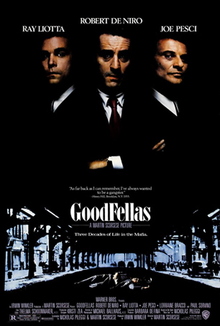



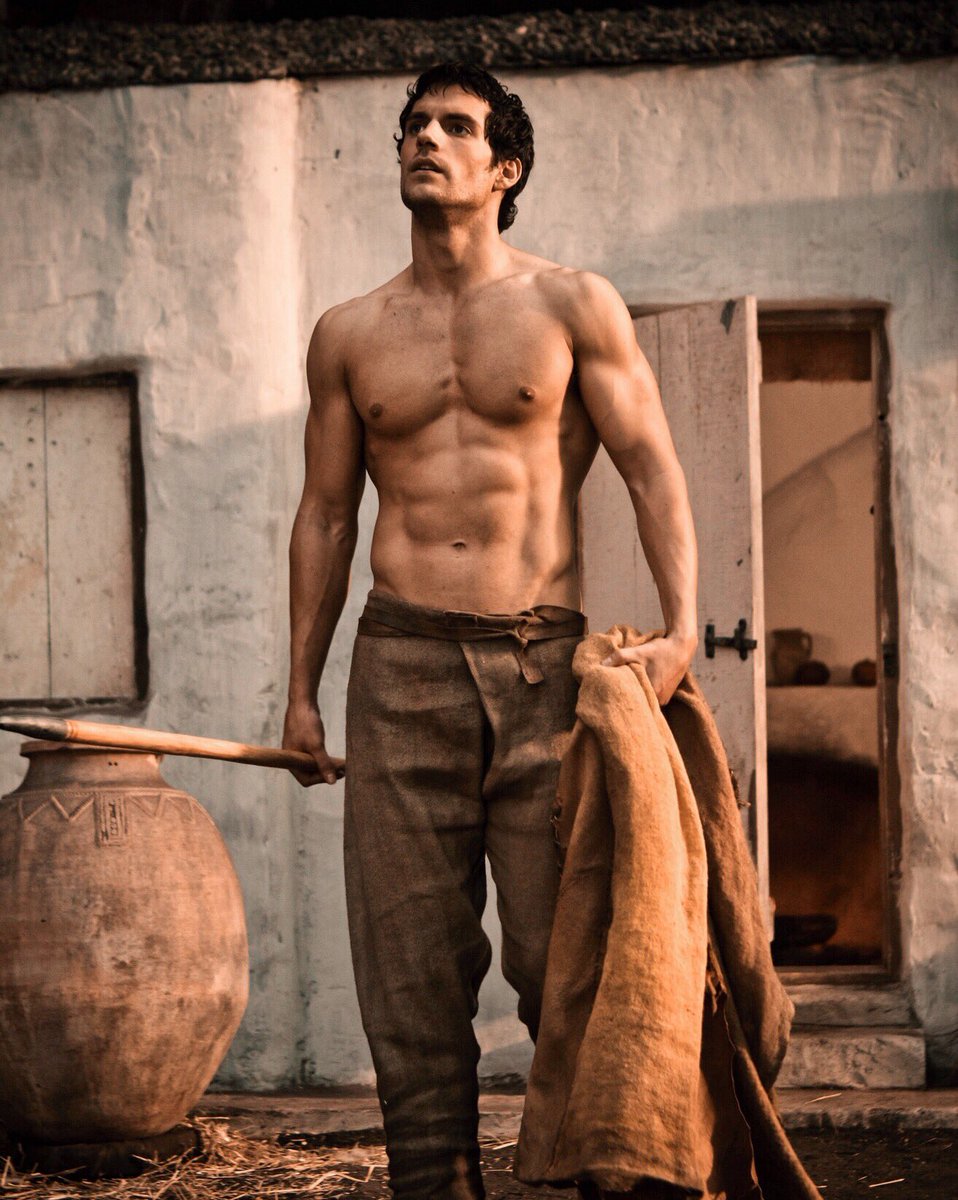


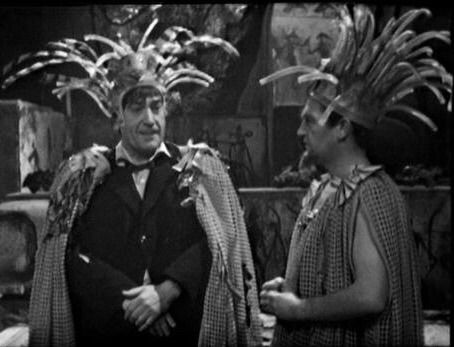
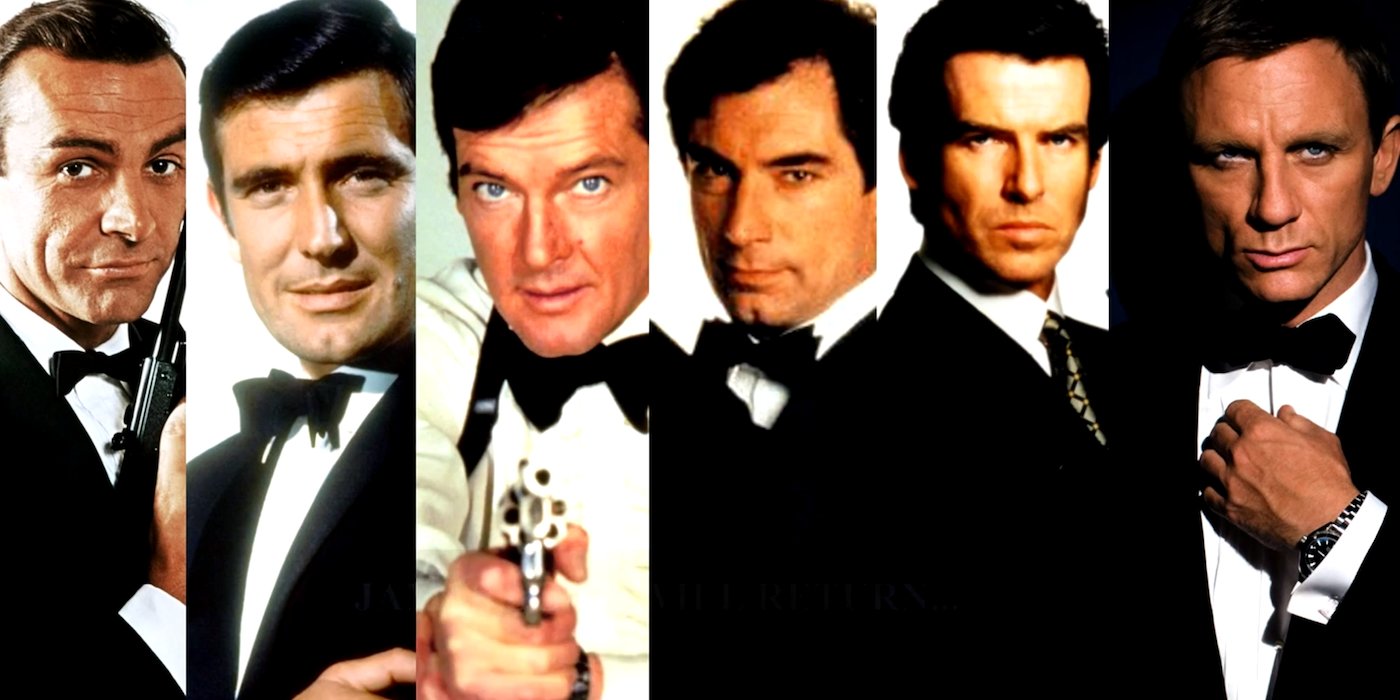
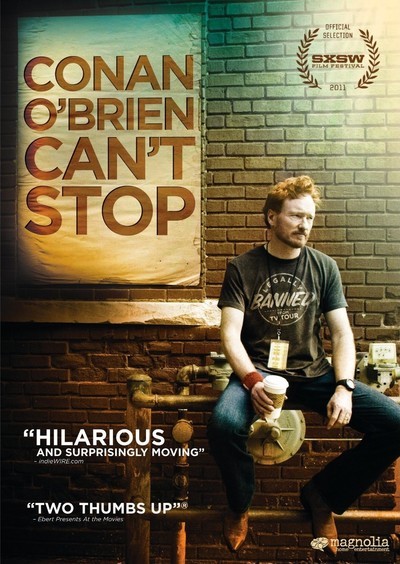




-picture-MOV_27291509_b.jpg)


